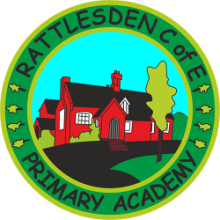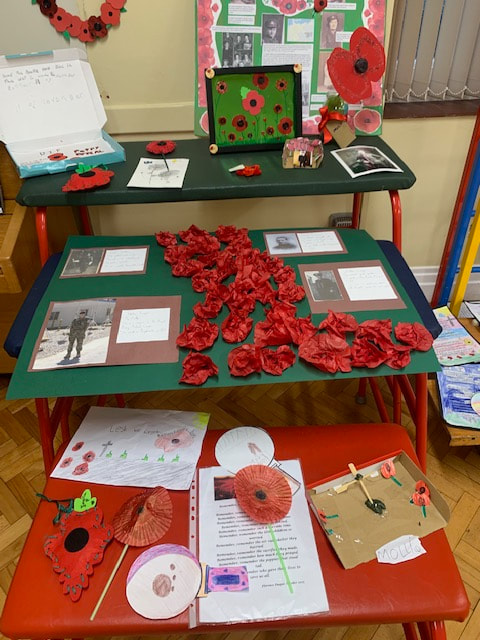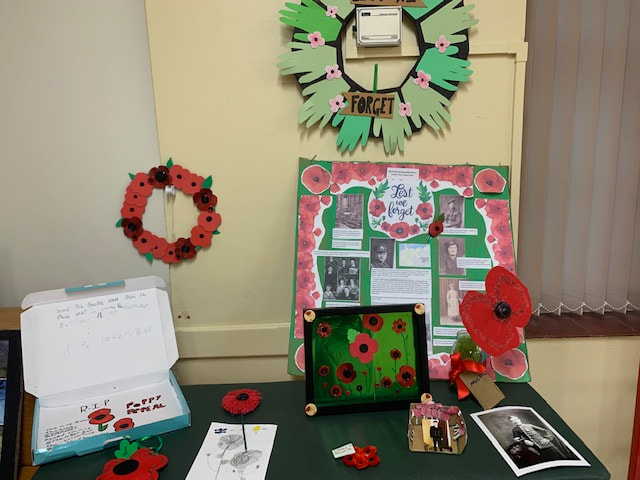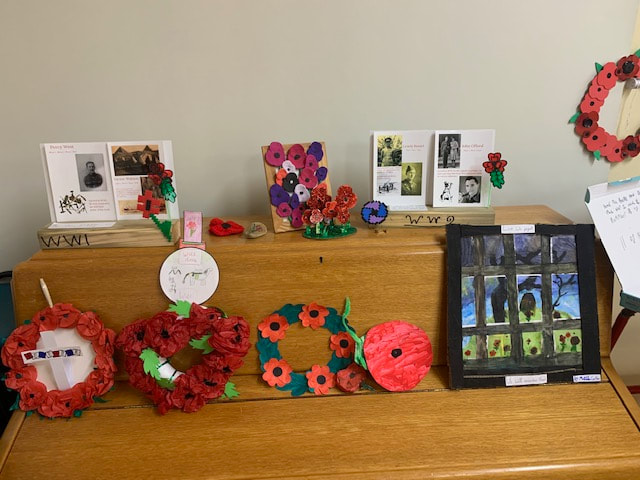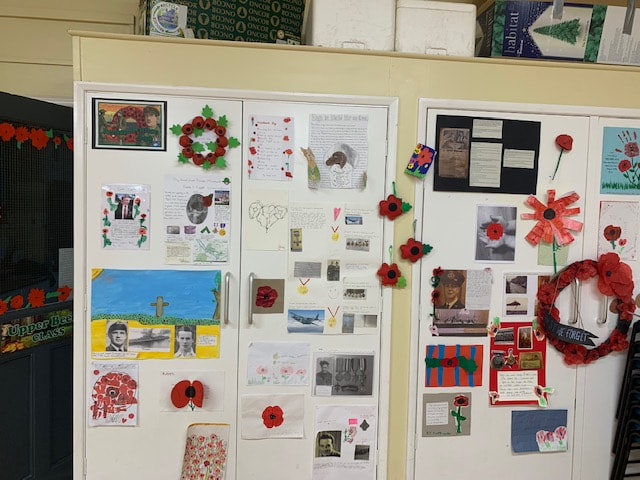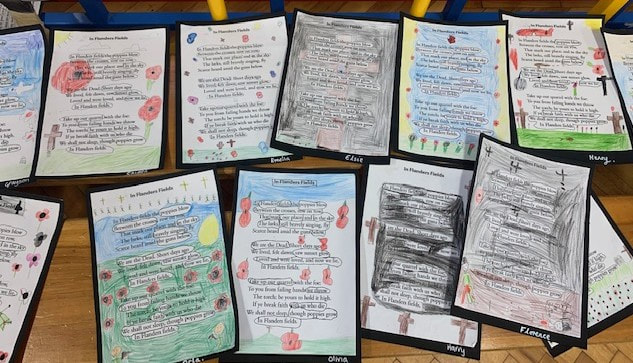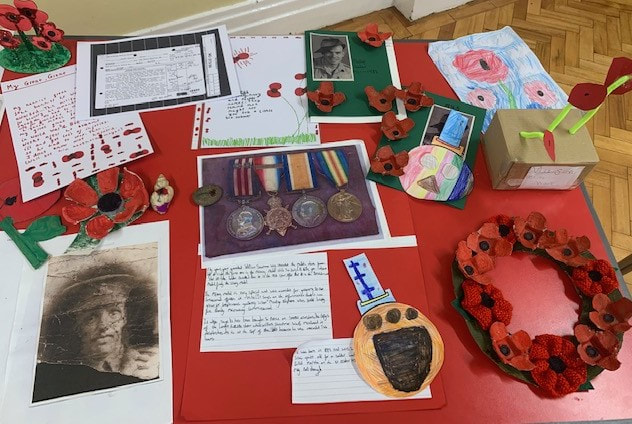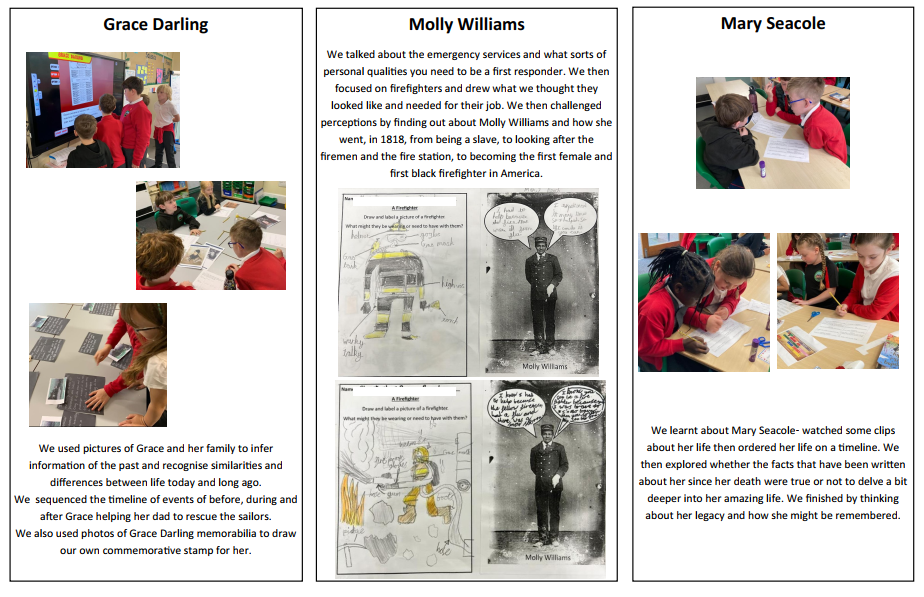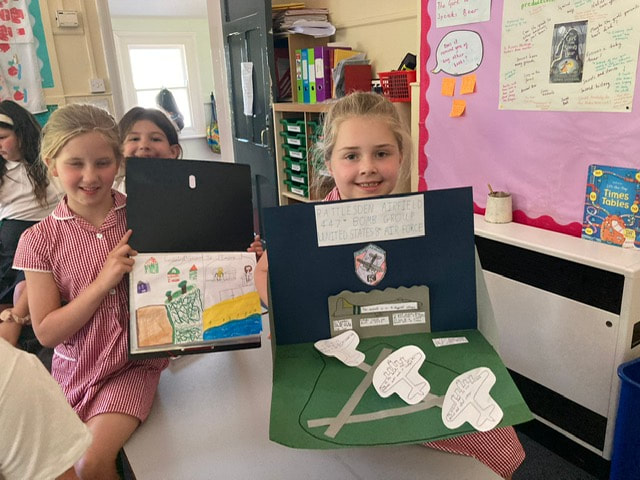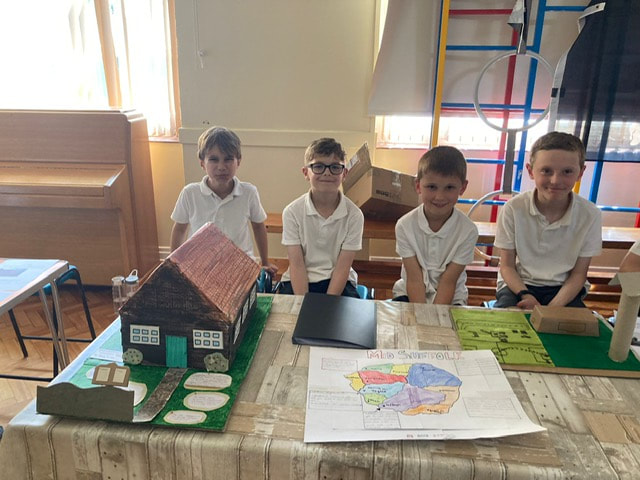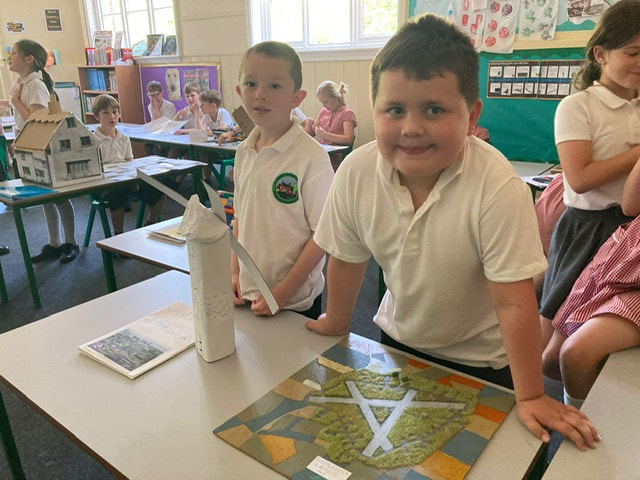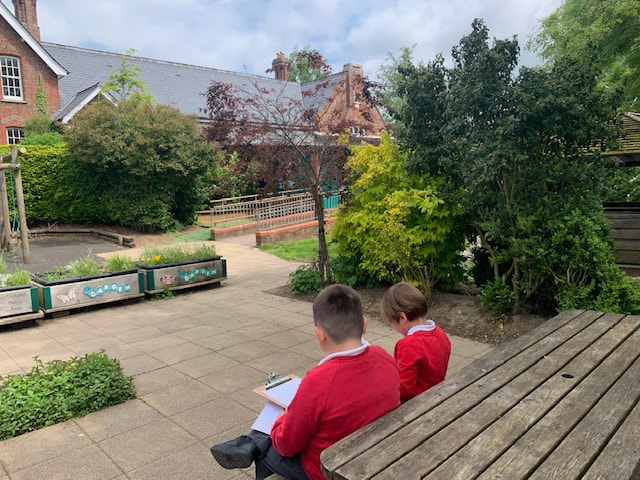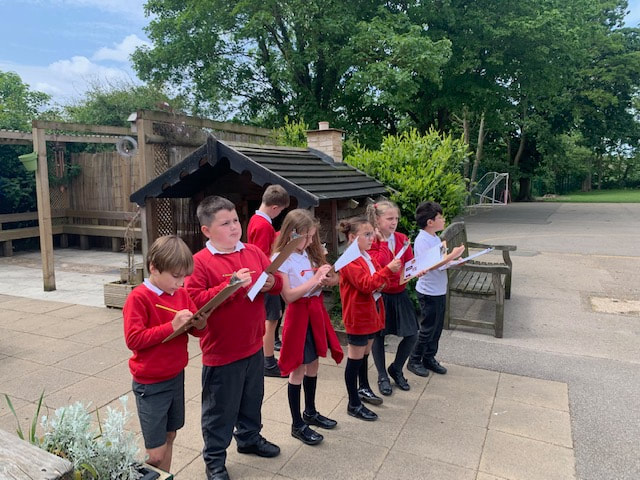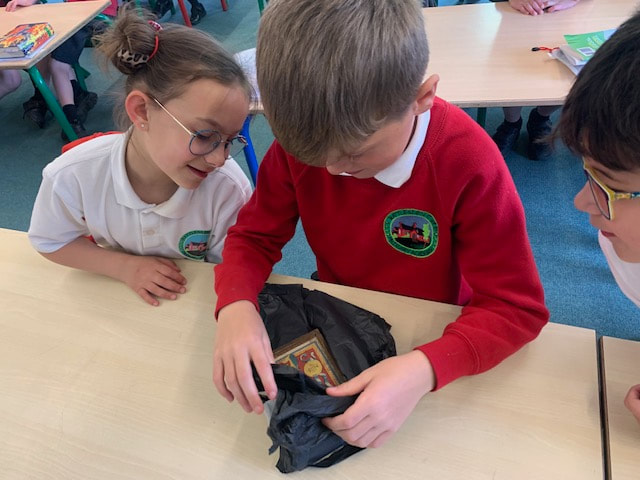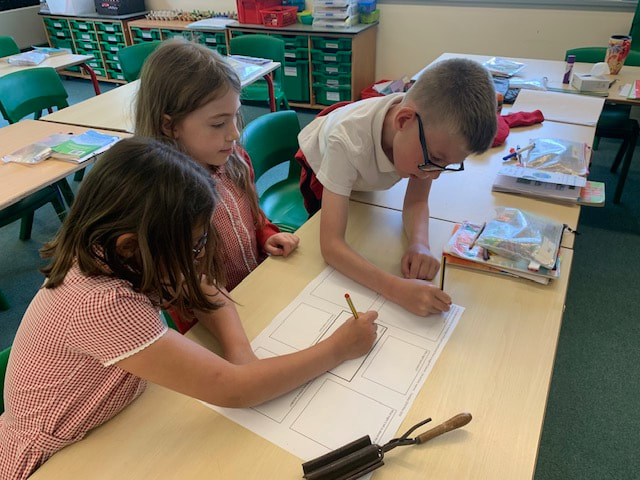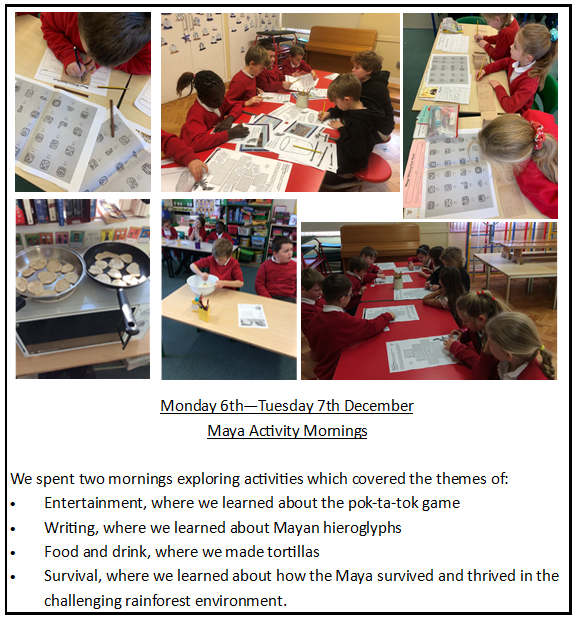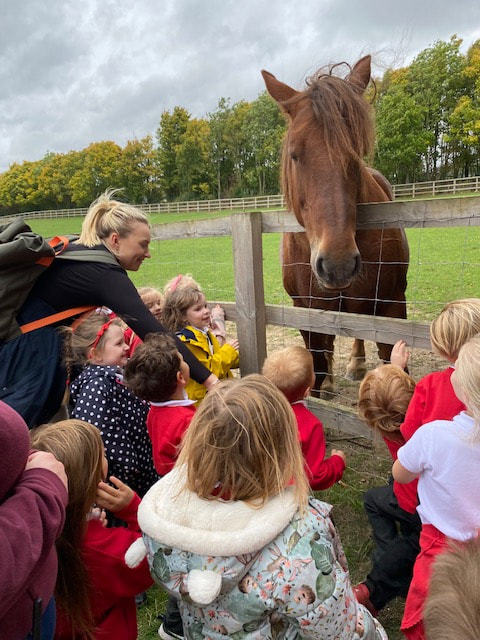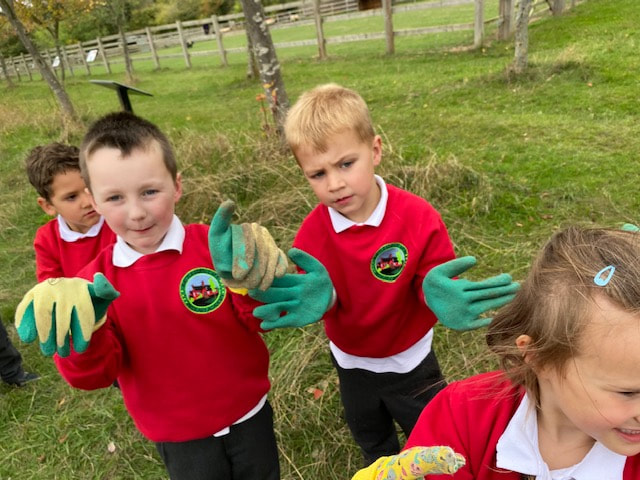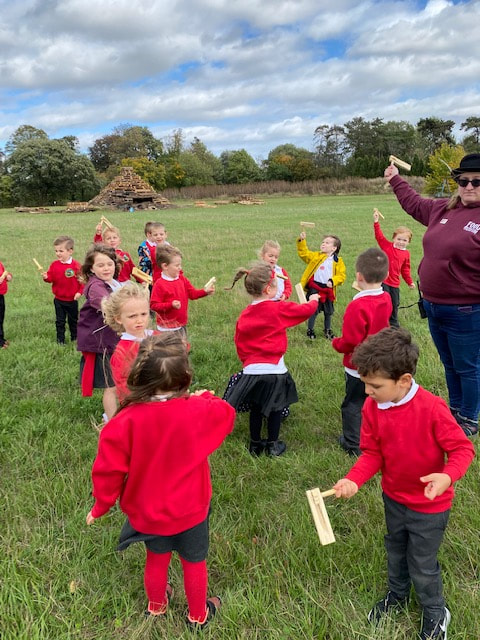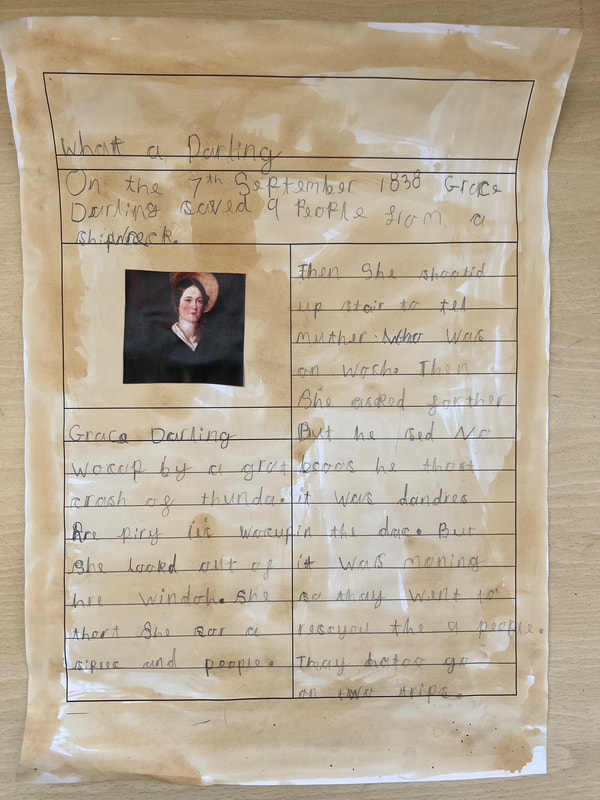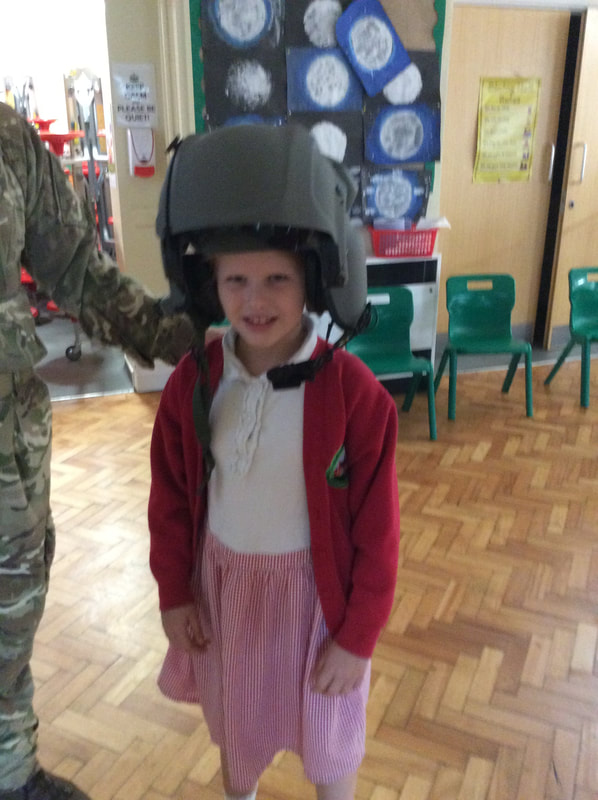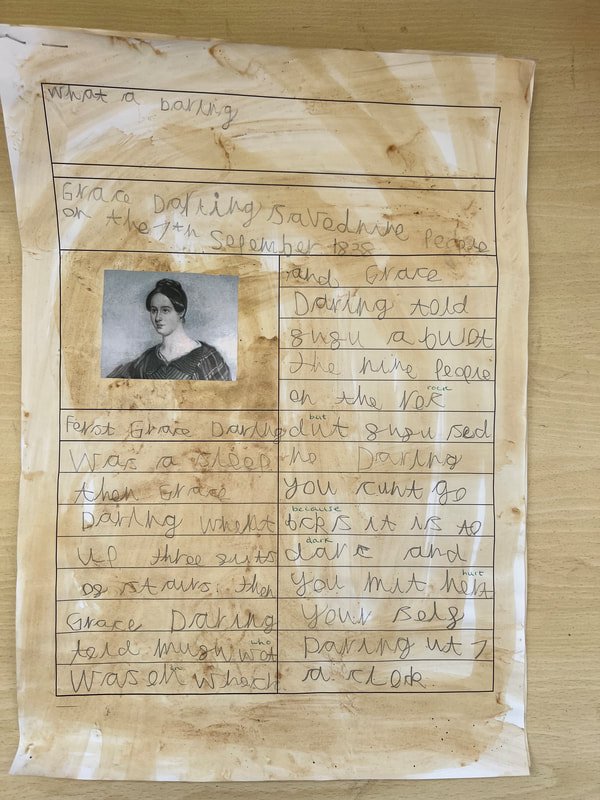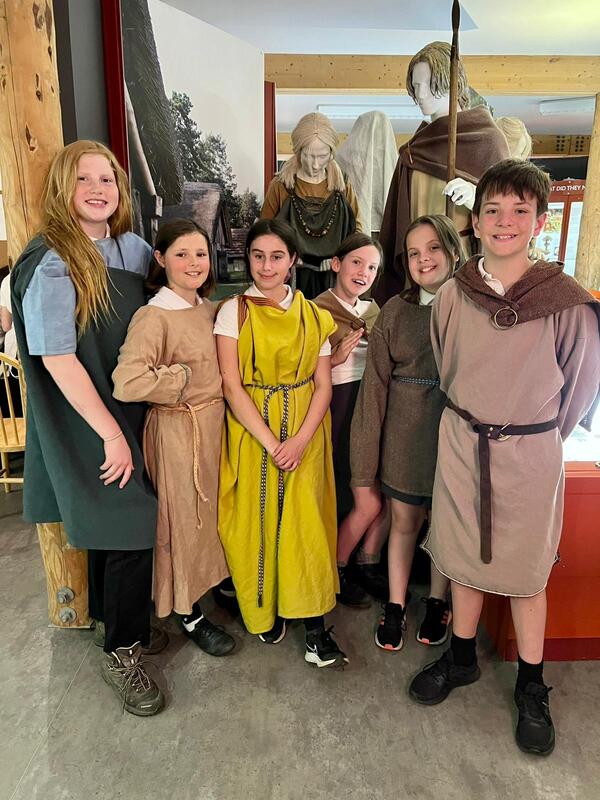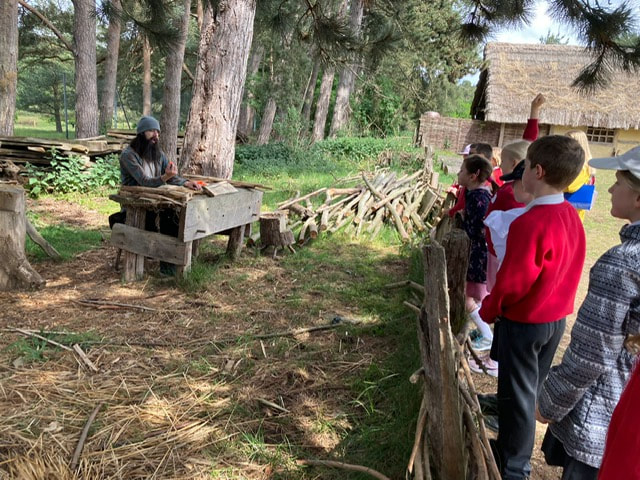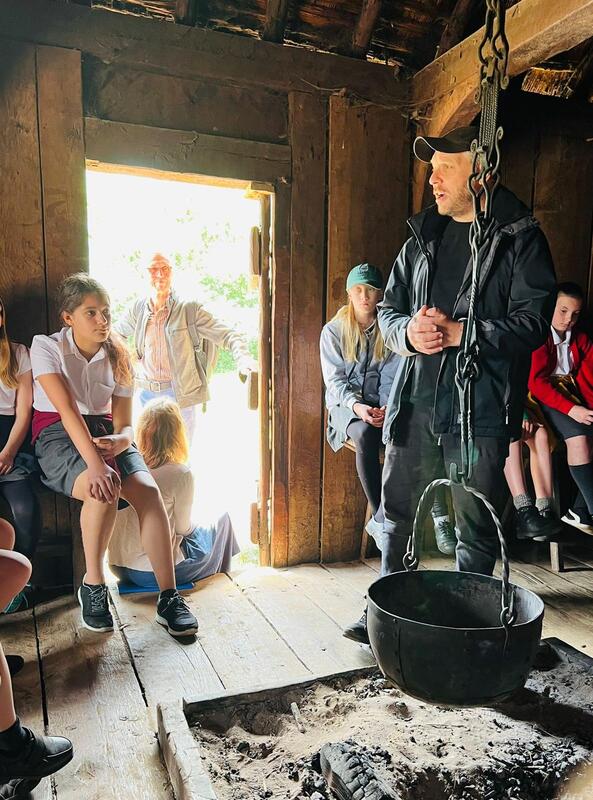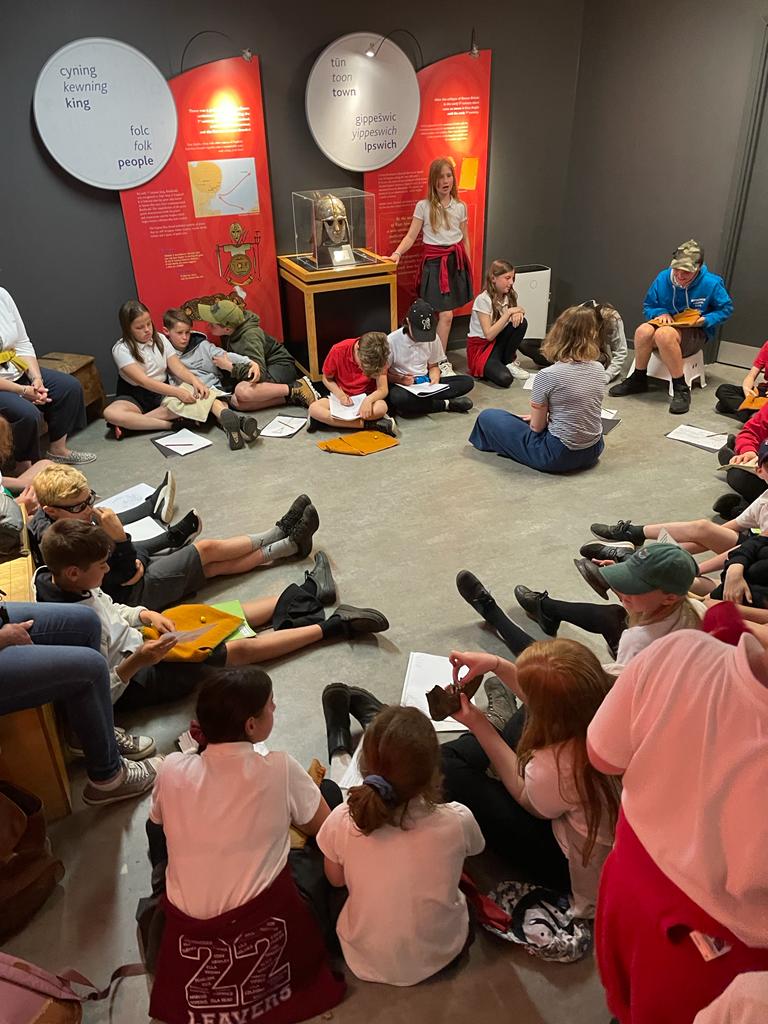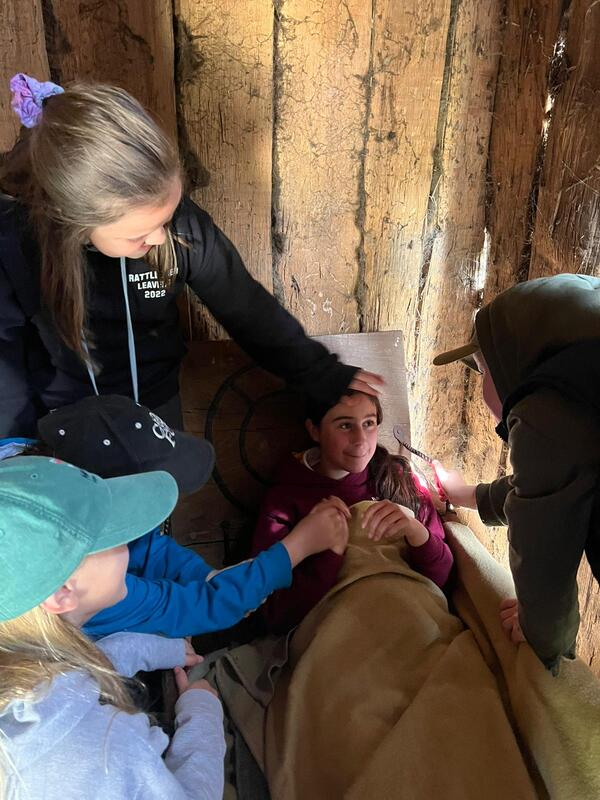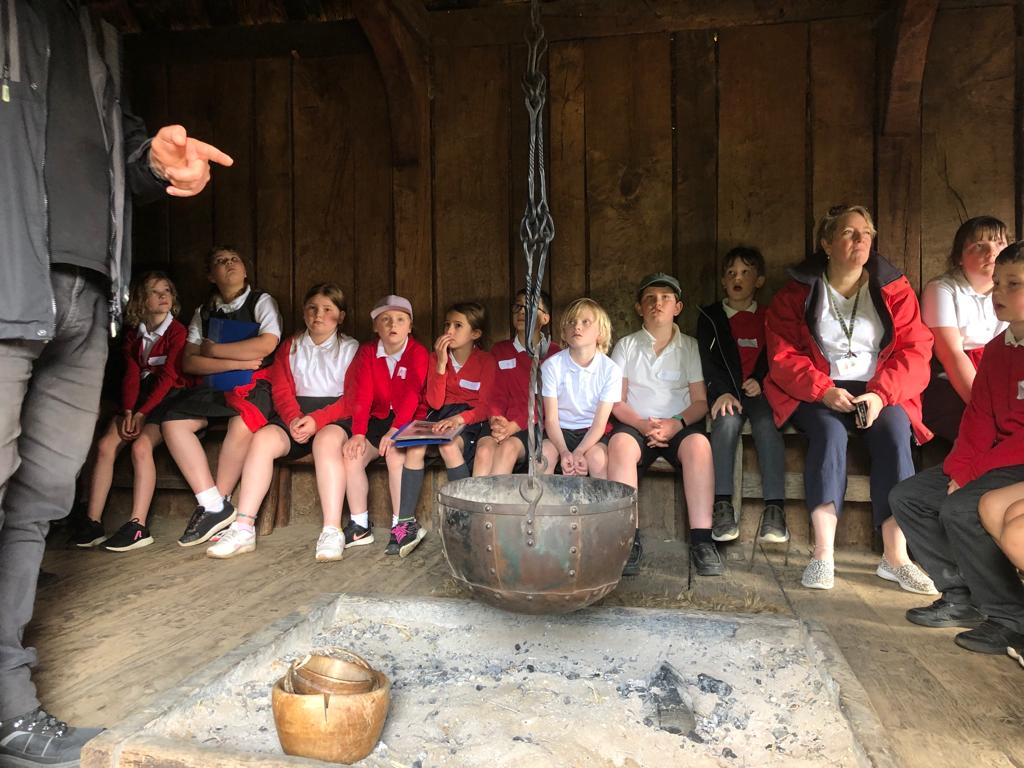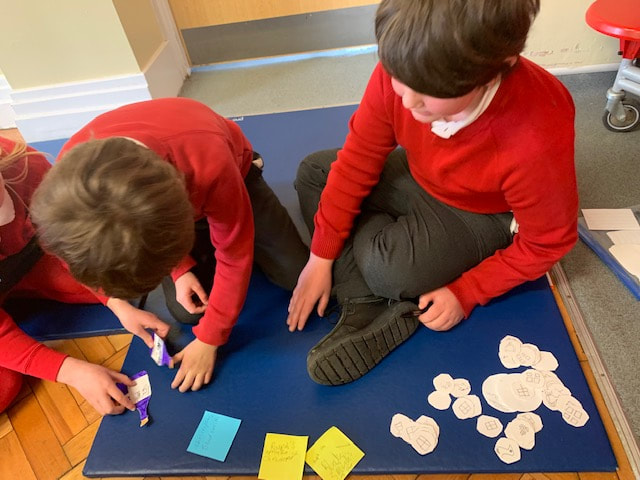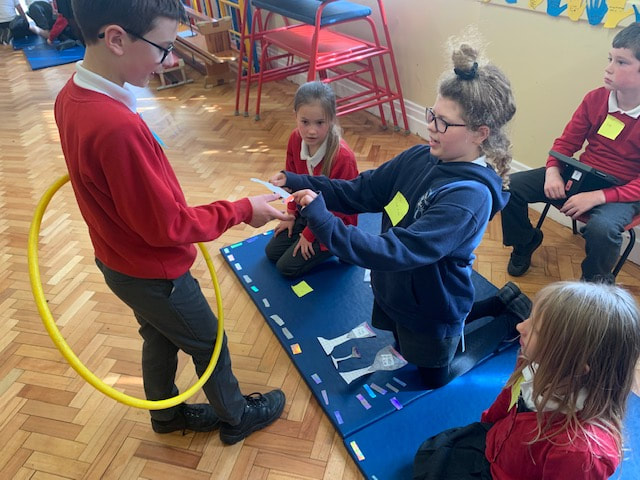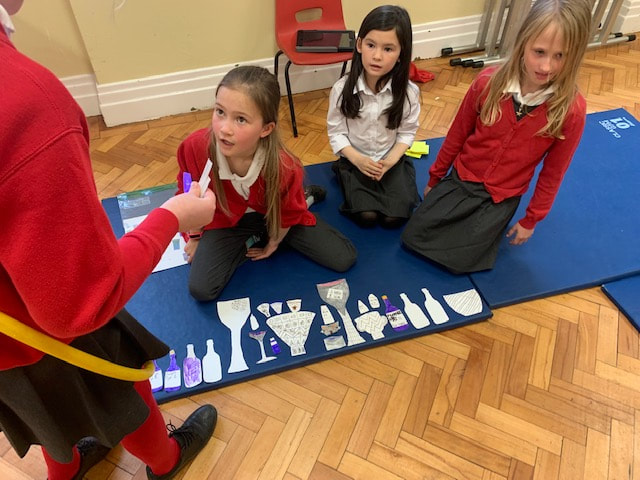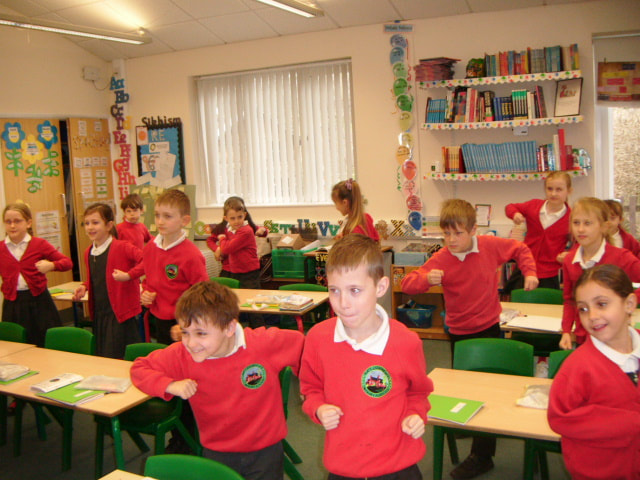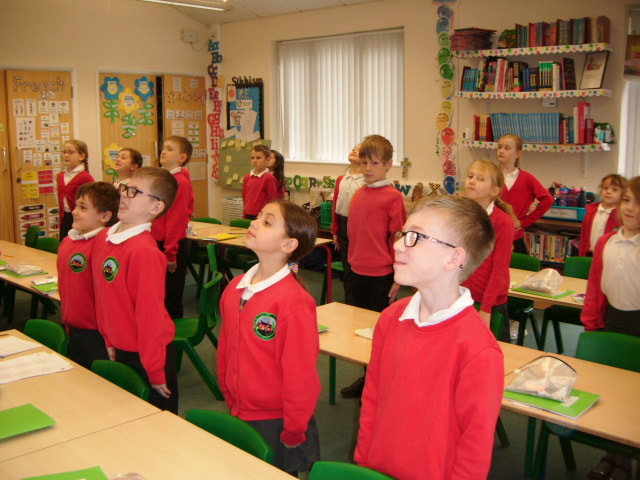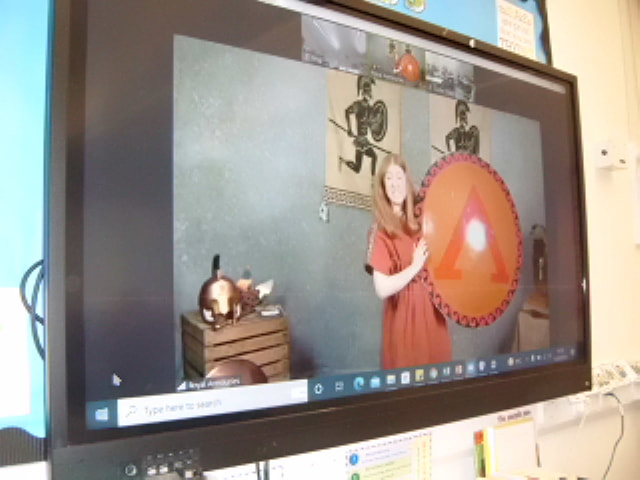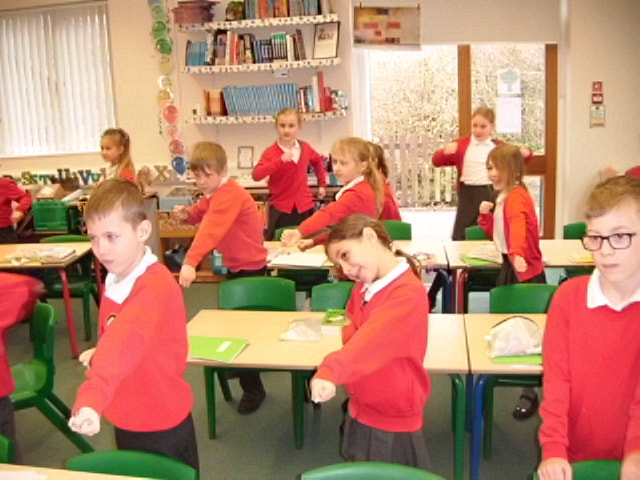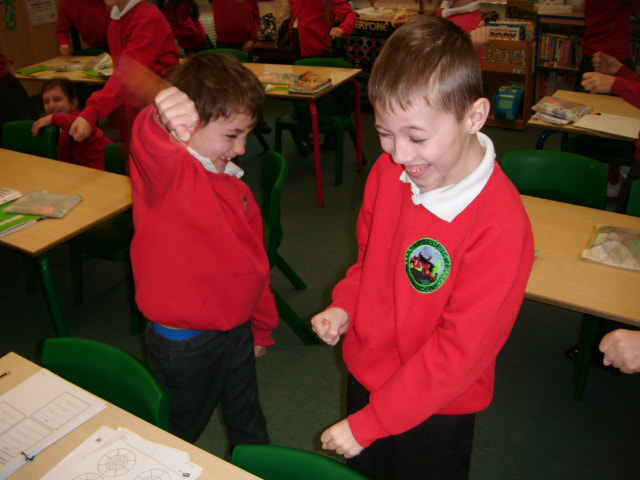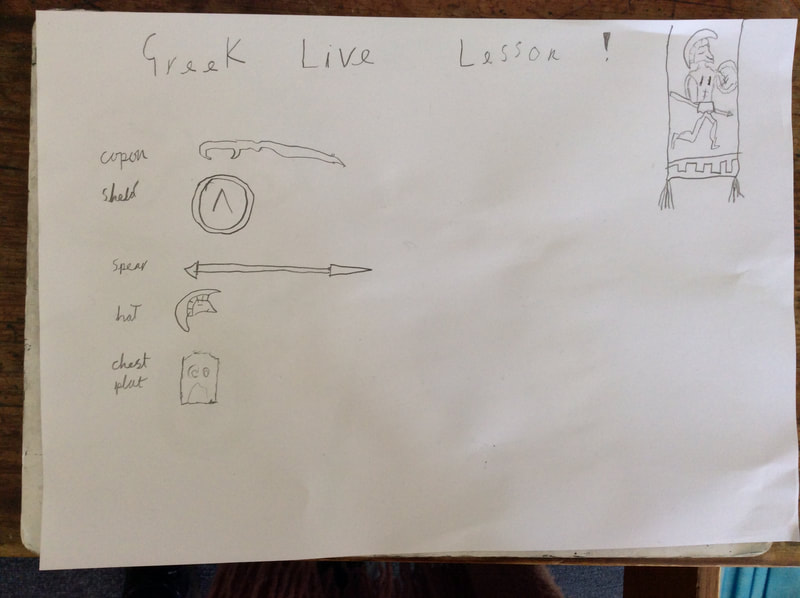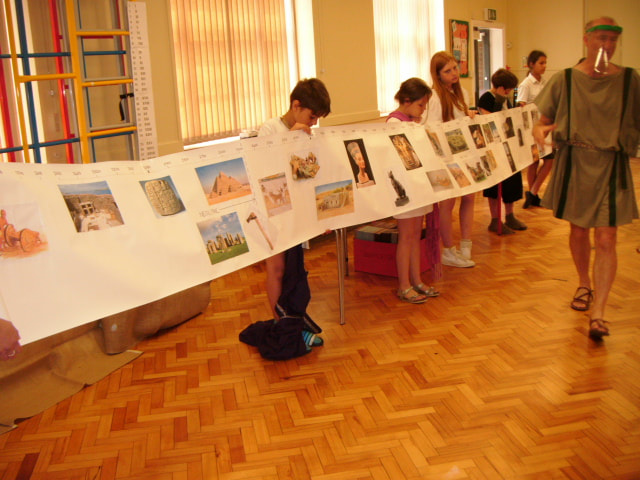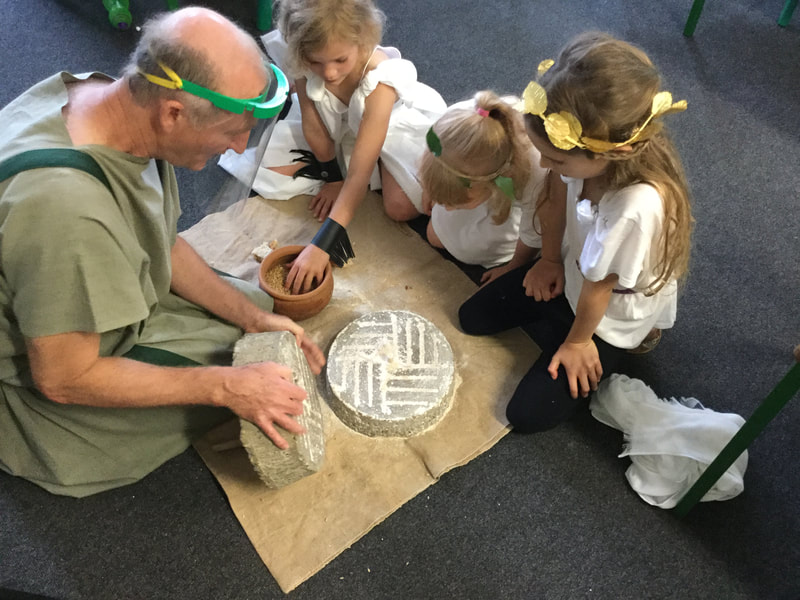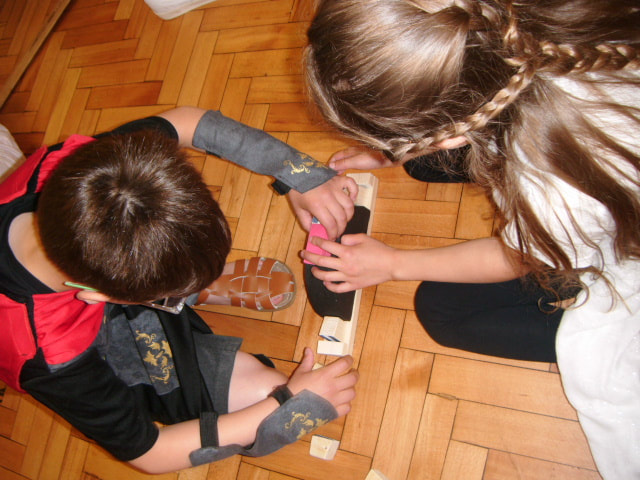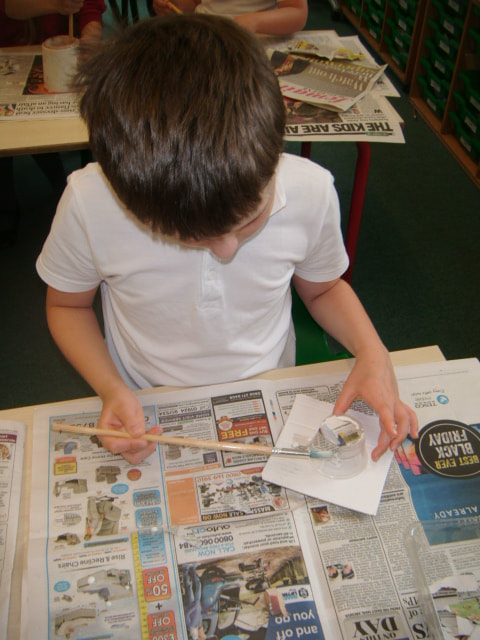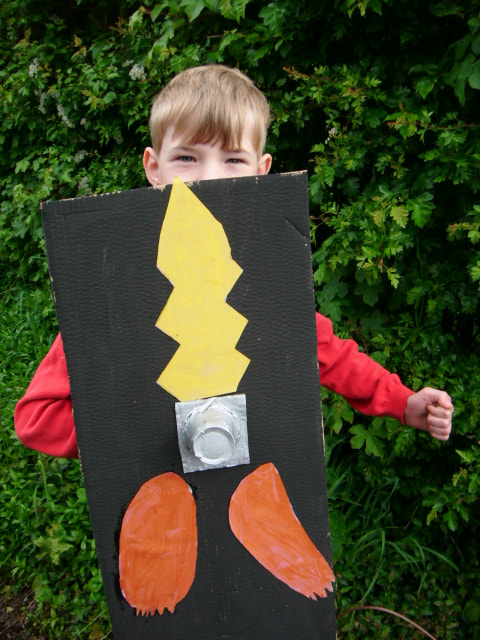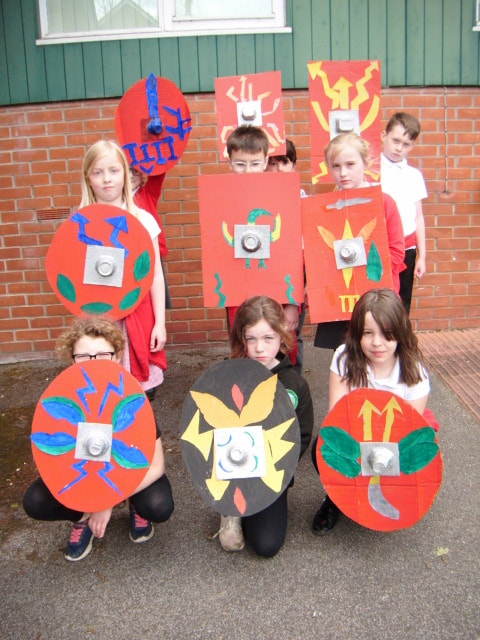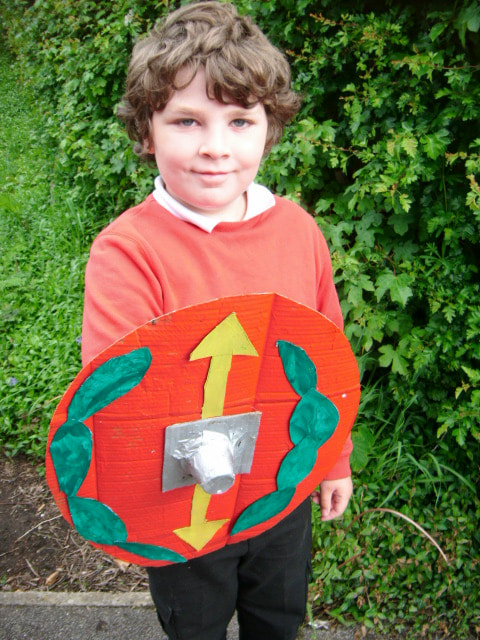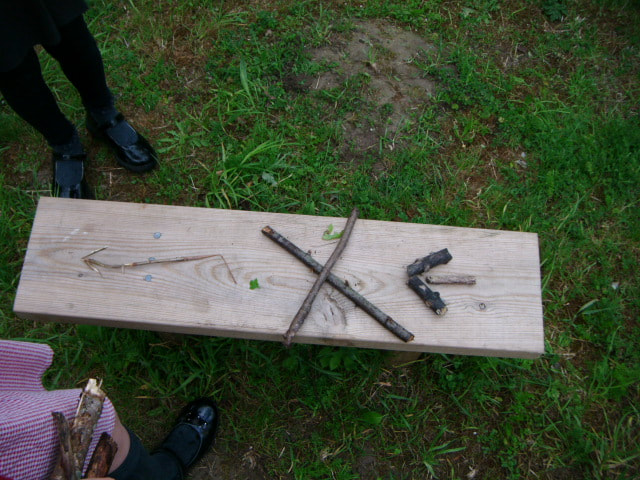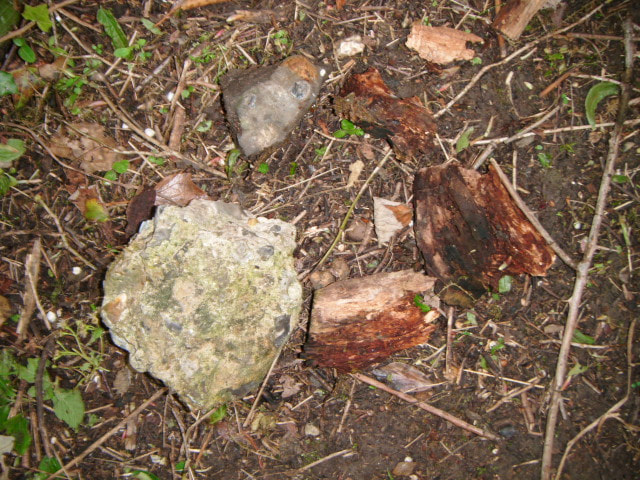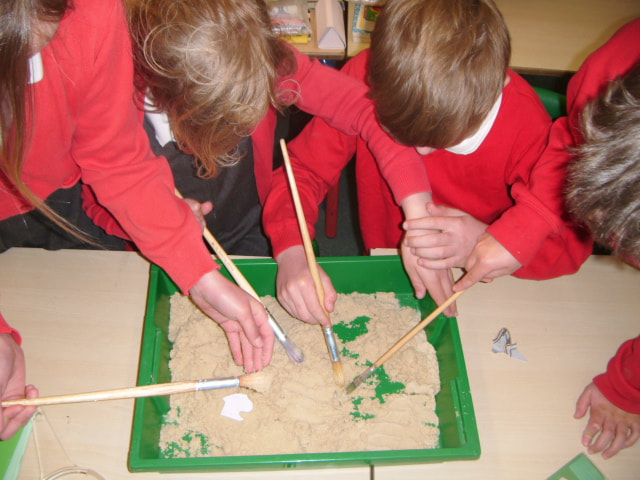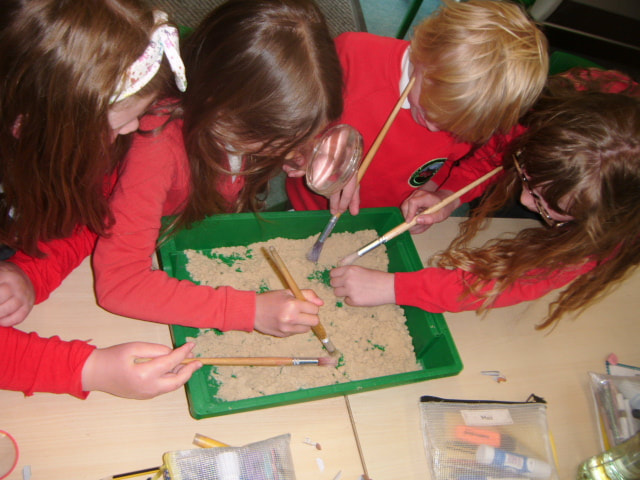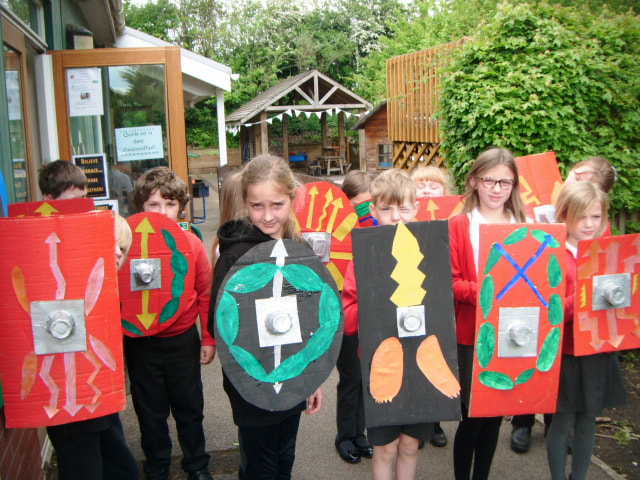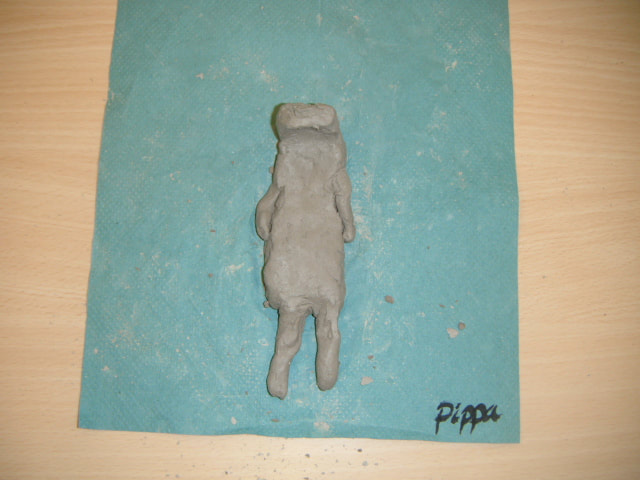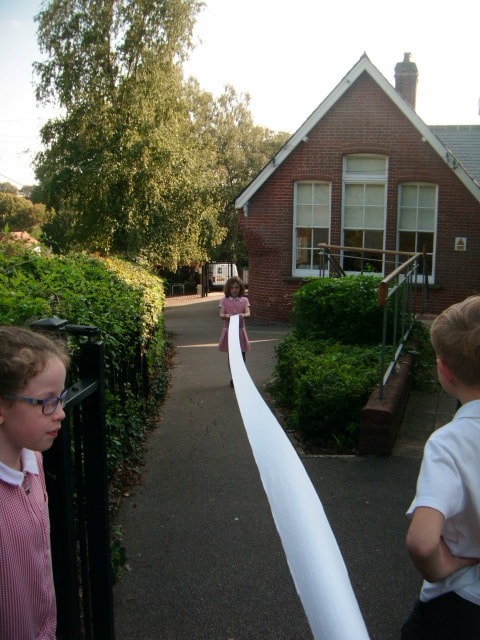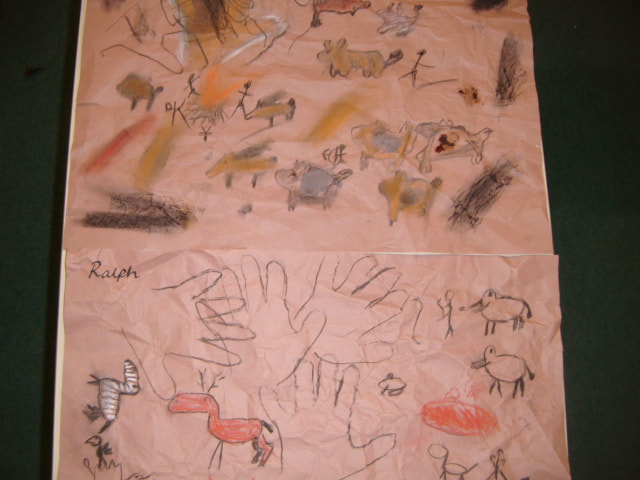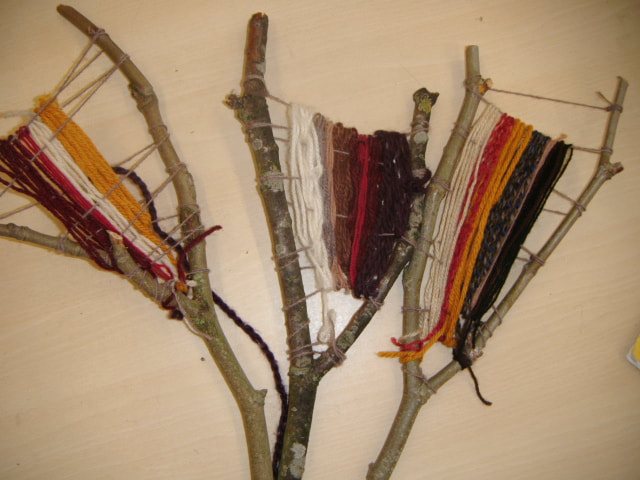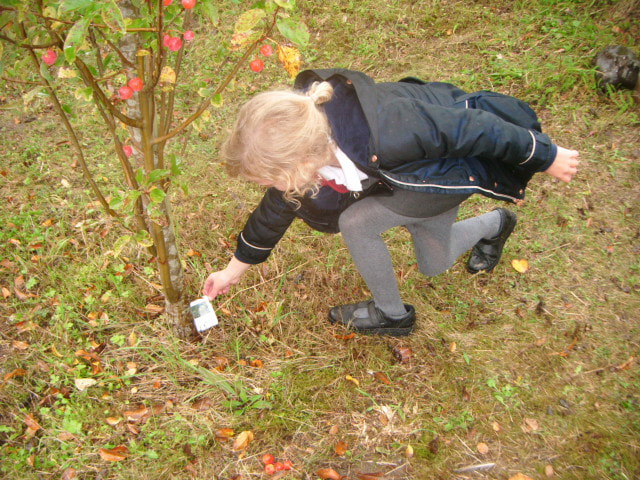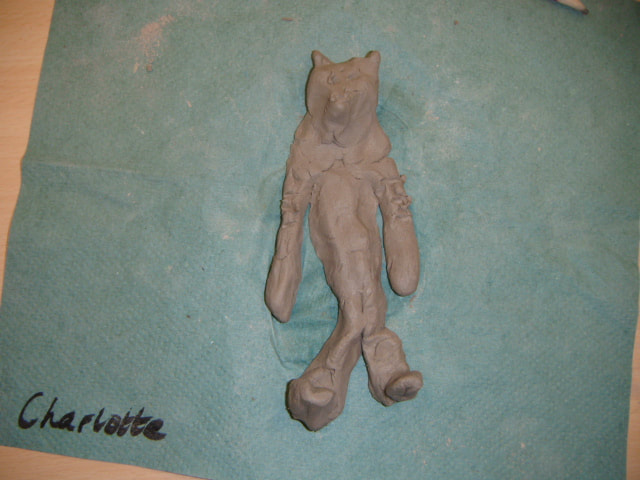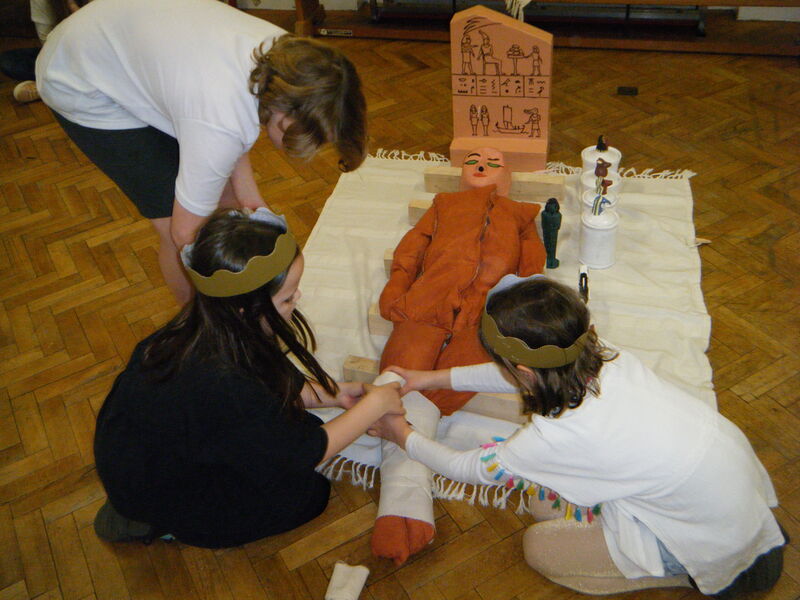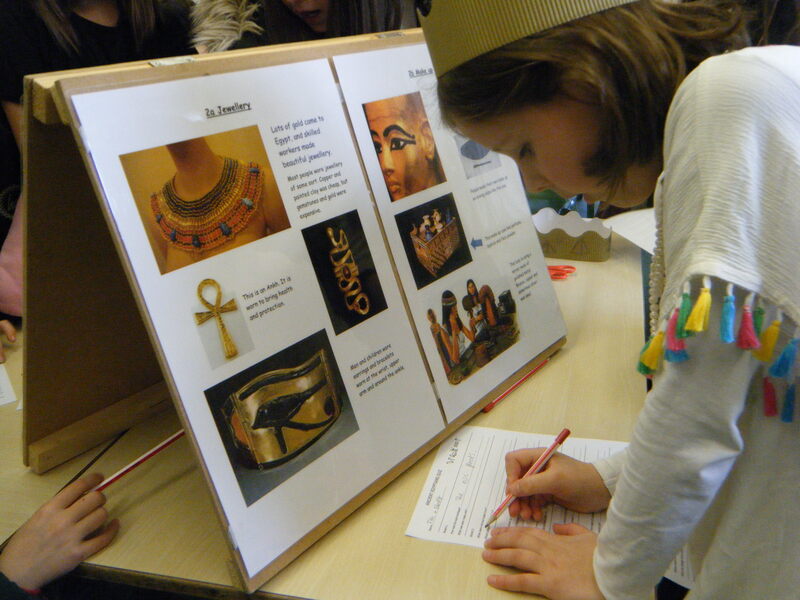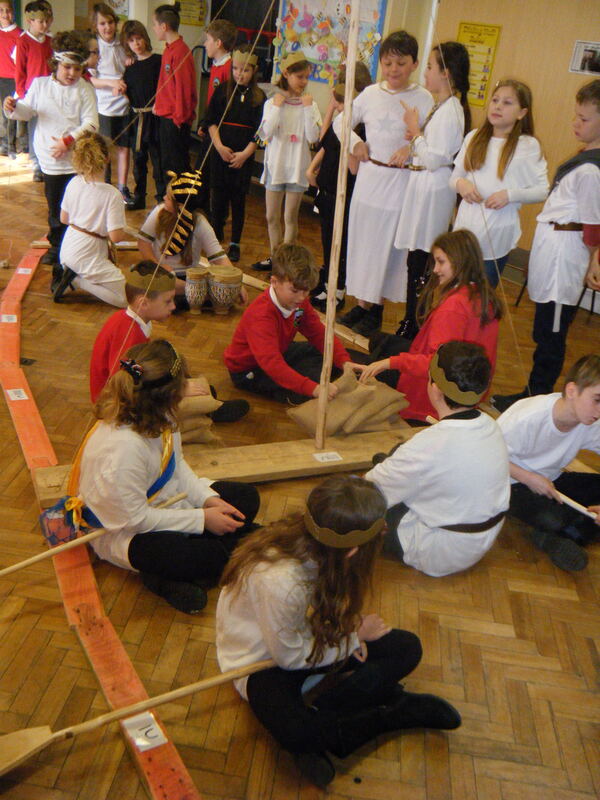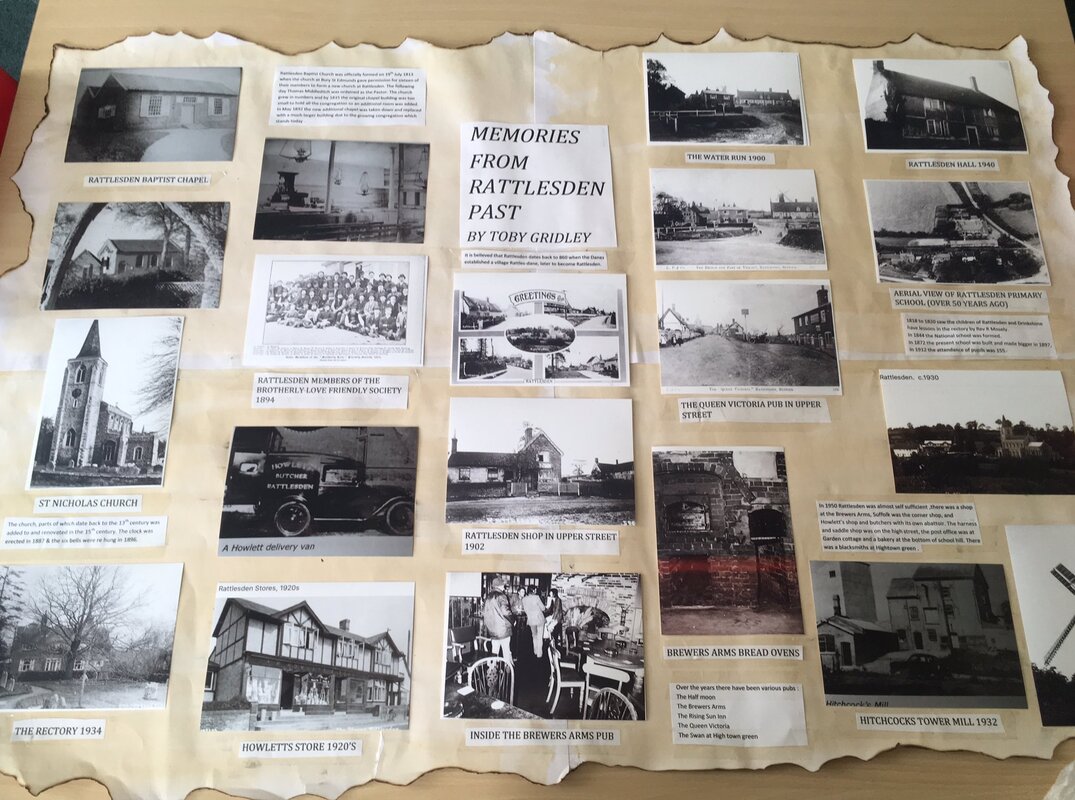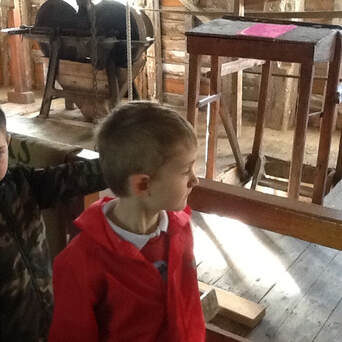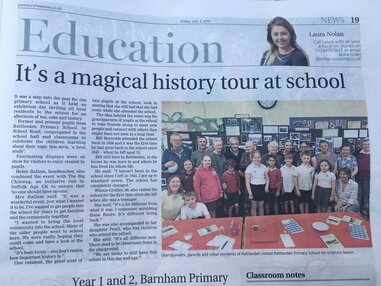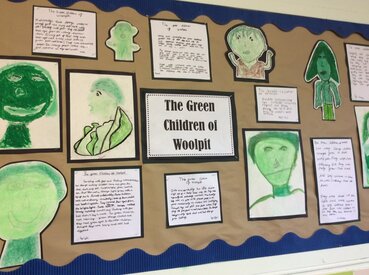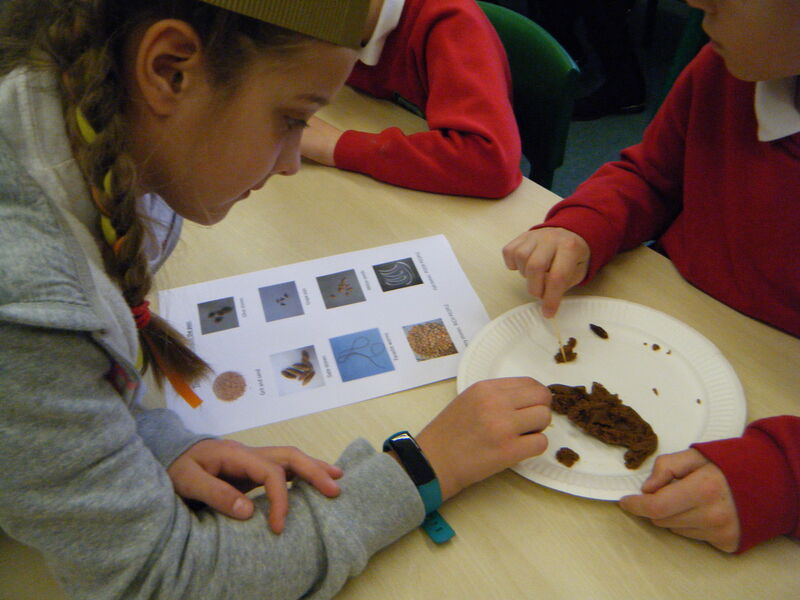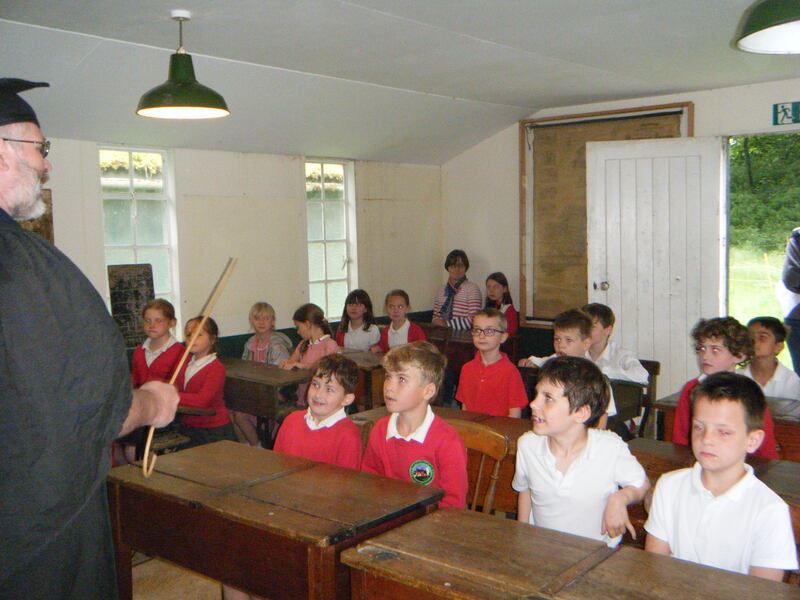Intent
At Rattlesden we aim for a high quality history curriculum, which inspires a keen interest in Britain’s past and that of the wider world. We want children to enjoy and love learning about history through the acquisition of new knowledge and skills and, in particular, how knowledge can be applied to different periods, events and key historical figures.
Implementation
In Key Stage 2, the history curriculum is incorporated into our creative curriculum through termly themes which include Ancient Greece, and From Stone Age to Iron Age. The curriculum is organised on a four year cycle.
In Early Years and Key Stage 1, history is incorporated into themes such as Fire and Ice which included a drama workshop based on The Great Fire of London.
Children have the opportunity to work alone, in pairs or as part of a mixed group when working on projects, Children are encouraged to use computers, artefacts and a variety of online sources to help them with their learning. We are keen that learning is practical and memorable and so during their time at school, children will experience a number of educational visits to places of historical interest and visitor experiences to bring history to life. They are also encouraged in upper Key Stage 2 to question sources of information and relate knowledge to other areas of learning.
Impact
Our History Curriculum is high quality, well thought out and is planned to demonstrate progression. If children are keeping up with the curriculum, they are deemed to be making good or better progress. In addition, we use a range of strategies to assess what skills and knowledge the children have attained each term including the following: book looks, pupil voice, regular feedback each lesson.
Threads
Within our History and Geography topics throughout the school, threads of knowledge run through the curriculum – the topics are the vehicles for placing the threads in context.
In History, for example, the concept of ‘key figures’ is a recurring concept throughout the curriculum. Where appropriate within each topic, pupils develop their knowledge and understanding of this concept.
Our threads are as follows…
Beliefs and values
Arts and Architecture
Key figures
Discoveries and inventions
Environment and Sustainability
By carefully mapping these threads across our topics and revisiting them in different sequences of learning, we will help children gain historical perspective by placing their growing knowledge into different contexts, understanding the connections between local, regional, national and international history. These threads are revisited over time and add to the cohesiveness of our curriculum as the children progress through their primary education.
At Rattlesden we aim for a high quality history curriculum, which inspires a keen interest in Britain’s past and that of the wider world. We want children to enjoy and love learning about history through the acquisition of new knowledge and skills and, in particular, how knowledge can be applied to different periods, events and key historical figures.
Implementation
In Key Stage 2, the history curriculum is incorporated into our creative curriculum through termly themes which include Ancient Greece, and From Stone Age to Iron Age. The curriculum is organised on a four year cycle.
In Early Years and Key Stage 1, history is incorporated into themes such as Fire and Ice which included a drama workshop based on The Great Fire of London.
Children have the opportunity to work alone, in pairs or as part of a mixed group when working on projects, Children are encouraged to use computers, artefacts and a variety of online sources to help them with their learning. We are keen that learning is practical and memorable and so during their time at school, children will experience a number of educational visits to places of historical interest and visitor experiences to bring history to life. They are also encouraged in upper Key Stage 2 to question sources of information and relate knowledge to other areas of learning.
Impact
Our History Curriculum is high quality, well thought out and is planned to demonstrate progression. If children are keeping up with the curriculum, they are deemed to be making good or better progress. In addition, we use a range of strategies to assess what skills and knowledge the children have attained each term including the following: book looks, pupil voice, regular feedback each lesson.
Threads
Within our History and Geography topics throughout the school, threads of knowledge run through the curriculum – the topics are the vehicles for placing the threads in context.
In History, for example, the concept of ‘key figures’ is a recurring concept throughout the curriculum. Where appropriate within each topic, pupils develop their knowledge and understanding of this concept.
Our threads are as follows…
Beliefs and values
Arts and Architecture
Key figures
Discoveries and inventions
Environment and Sustainability
By carefully mapping these threads across our topics and revisiting them in different sequences of learning, we will help children gain historical perspective by placing their growing knowledge into different contexts, understanding the connections between local, regional, national and international history. These threads are revisited over time and add to the cohesiveness of our curriculum as the children progress through their primary education.
Priorities for History
1. Ensure progression of skills and vocabulary documents are used by all staff and reflected in pupil outcomes
2. Embed ‘threads’ into topics throughout the school
3. Provide opportunities to revisit and recap prior learning
1. Ensure progression of skills and vocabulary documents are used by all staff and reflected in pupil outcomes
2. Embed ‘threads’ into topics throughout the school
3. Provide opportunities to revisit and recap prior learning
Progression of skills
| history__progression_of_skills.docx.pdf | |
| File Size: | 142 kb |
| File Type: | |
Vocabulary progression
| history_vocabulary_progression.pdf | |
| File Size: | 76 kb |
| File Type: | |
History Policy
| history_policy__.pdf | |
| File Size: | 169 kb |
| File Type: | |
School remembrance - Poppy Projects
Key Stage Two Key Figures Morning
Key Stage Two Local Study community celebration
Oak and Cedar May 2023
Oak and Cedar Class children have explored our school in more detail. We went on a trail of discovery around our school to find out more about the age of the different parts of our school building. We have learned more about the Victorian origins of our school and discovered how a lesson would have felt! We also explored artefacts from the Victorian era.
Maya Day - Oak and Cedar December 2022
Key Stage 1 visit to the Food Museum - October 2022
On the 5th October, Key Stage 1 visited the Food Museum at Stowmarket to learn about farming in Victorian times.
Faith the Suffolk Punch would have been very busy pulling the plough and a big cart.
Children had to work on farms scaring birds and picking up stones.
Faith the Suffolk Punch would have been very busy pulling the plough and a big cart.
Children had to work on farms scaring birds and picking up stones.
Year one - Grace Darling newspaper articles
Educational Visit- West Stow - Key Stage Two
Ancient Greek trading game - Oak and Cedar classes
Interactive Ancient Greek session - Oak and Cedar classes
The Romans
The Stone Age
Ancient Egyptians
Bringing History to life - Educational visits and visitors to school
Find Us |
|
Website by lizhawkins.co.uk
